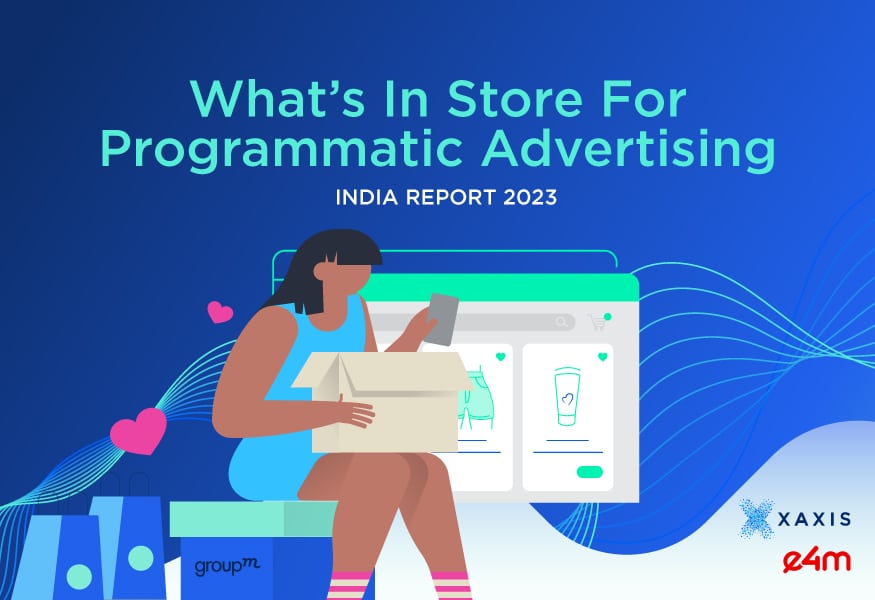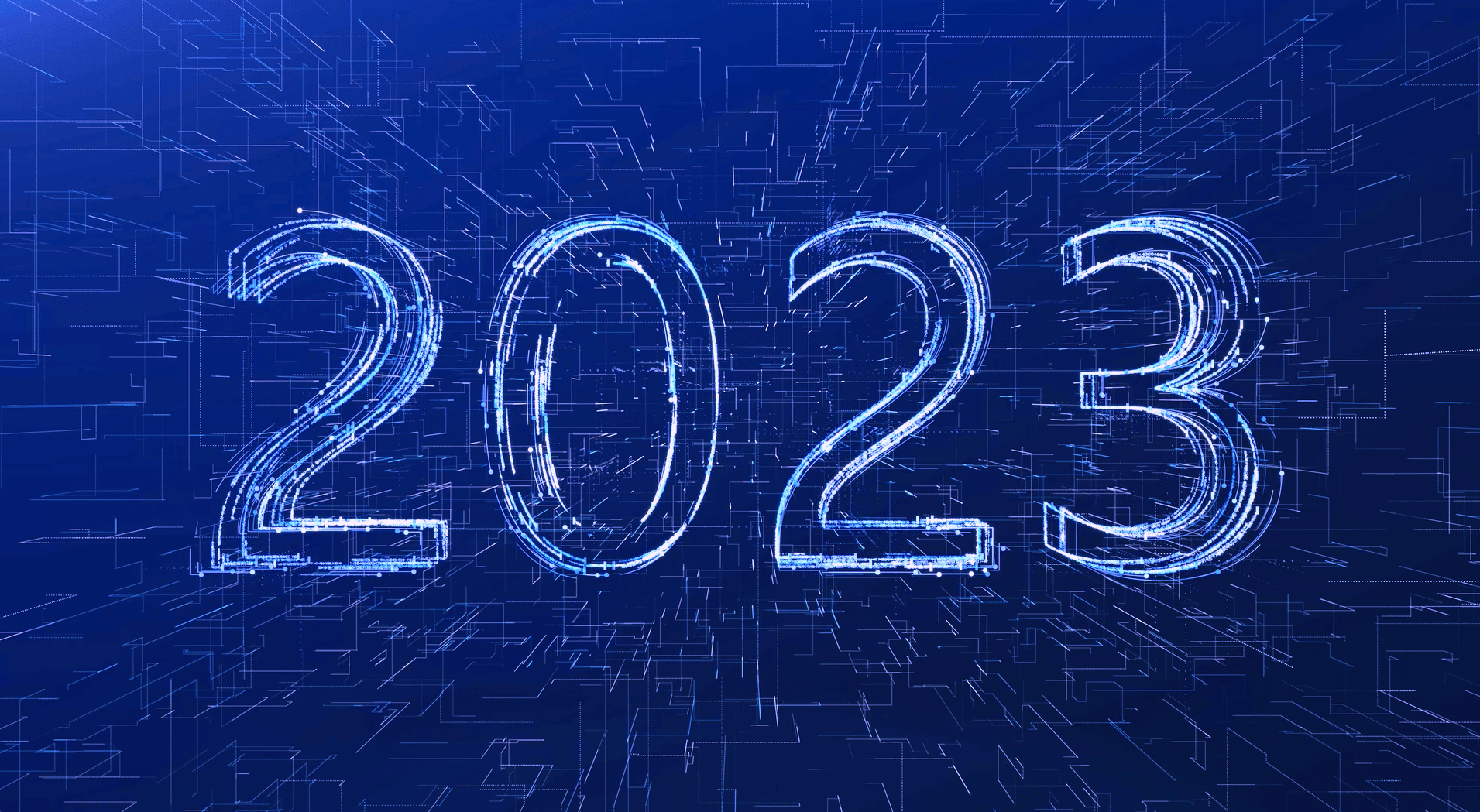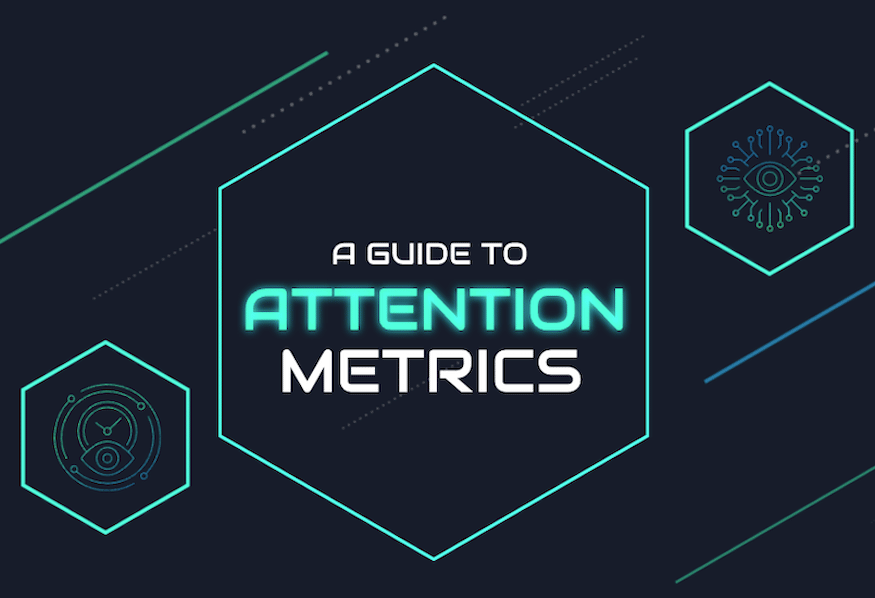This article was originally posted on Afaqs

This article was originally posted on Afaqs
Is India's consumer audience too big? Too difficult to segment and impact? These are questions that keep local and international brand managers awake at night. But let's look at the reality and how it's changing to the benefit of advertisers and consumers alike.
India continues to be the fastest-growing major economy in the world with an average annual growth rate of 7.2 per cent. The World Bank sees India maintaining this ranking for the next three years (source: LiveMint).

What this exceptional growth is producing is a rapidly expanding middle class. A 2016 study found that the middle class more than doubled in size between 2004 and 2012 to 600 million people and the growth shows no signs of slowing down.
Such a burgeoning population, awash with disposable income, presents brands with both opportunity and a challenge. The opportunity is obvious - hundreds of millions of consumers ready to open their wallets and catch up with their free-spending cousins in more advanced Western countries.
It is not surprising then, that India is one of the fastest growing advertising markets in the world. And the country's digital advertising market is likely to grow 30 per cent on a year-on-year basis to 12,046 crore rupees in 2018 (source: ET).
Consumers are increasingly finding online ads informative and helpful and advertising on mobile is considered to be innovative and able to convey brand messages clearly.
The growth in digital advertising is a natural result of the rise in Internet penetration - a key marker of the growing sophistication of India's middle class. There are almost 500 million internet users in India, a figure that is expected to jump to 700 million by 2025, according to a study by Microsoft. This has been driven, largely, by the availability of high-speed connectivity across the country and it is only poised to grow faster.
India is already the world's second-largest telecommunications market. But the Government is not resting on its laurels - it is working to digitally connect the rural and remote regions in the country and has decided a new affordable tariff structure with the principle of - the more you use, the less you pay (source: ibef.org).
Thus the opportunity is vast - huge numbers of consumers, right across the country, armed with digital devices, tech-savvy and ready to spend. The challenge, however, lies in the fact that the market is anything but homogenous. At its base are 22 different languages to which must be added the rural-urban divide and six different metropolitan areas, as well as ethnic and cultural differences and fast-changing consumer preferences.
The traditional approach of mass advertising is simply not effective for brand advertisers on a digital platform. The advertiser's objective has always been to capture the maximum number of impressions - quantity over quality - which is why TV and print advertising continue to hog the lion's share of the marketing mix.
What this approach overlooks is the incredible opportunity digital presents for brands to directly reach and speak to the whole colourful panoply of India's market. The key that unlocks this potential goldmine is technology and it is the combination of data and algorithms deployed by technology that will enable advertisers to place their brands in front of exactly the right target audience, on the right device.
The technology we are talking about is Artificial Intelligence (AI) - not the Hollywood version that thrilled us with the Terminator and the Matrix, but the power behind our voice-activated assistants, autonomous vehicles and many industrial processes in factories that we never see.
In advertising, AI is being put to work to in a variety of ways to improve effectiveness and here is where we can see the benefits to brands that want to reach a tightly defined audience with precisely relevant messages. It is being used to find and define audiences, refine creative messaging, generate audience personas, and develop bidding strategies that optimise for clients' stated goals.
For now, most advertisers aren't taking advantage of the full capabilities of AI - they are typically deploying it only to achieve simple goals. But AI can do so much more like extract discrete metrics for a given ad's performance. When the many applications of AI are combined and deployed in unison, they can deliver a significant transformation in digital advertising strategy that drives noticeably superior results.
What AI can do, in terms of refining digital strategy, is enhance the focus on the ultimate objective - sales. Traditional media strategies use a variety of metrics to identify target segments and tailor messages to them via medium, platform and screen and, when possible, factor in behaviours and locale.
Audience segments based on such characteristics can be highly effective, but the problem is that they can't reach many potential purchasers who don't meet the standard definitions.
By contrast, artificial intelligence algorithms - correctly instructed - can help optimise marketing plans toward better sales metrics. The key insight is that digital media strategies that use AI to identify and locate prospects without bias or assumptions will find customers, not just segments.
The future of digital advertising that addresses every element of India's huge and complex market lies in audience-based buying using software algorithms that analyse context and behaviour online and artificial intelligence tools that optimise the digital media buying process.
Hemos encuestado a casi 5.000 profesionales del marketing en 16 mercados globales clave y hemos desenterrado algunas ideas fascinantes sobre cómo el sector piensa en la medición del éxito de los medios digitales y sus prioridades para 2019.
LEERLO AQUÍ >


